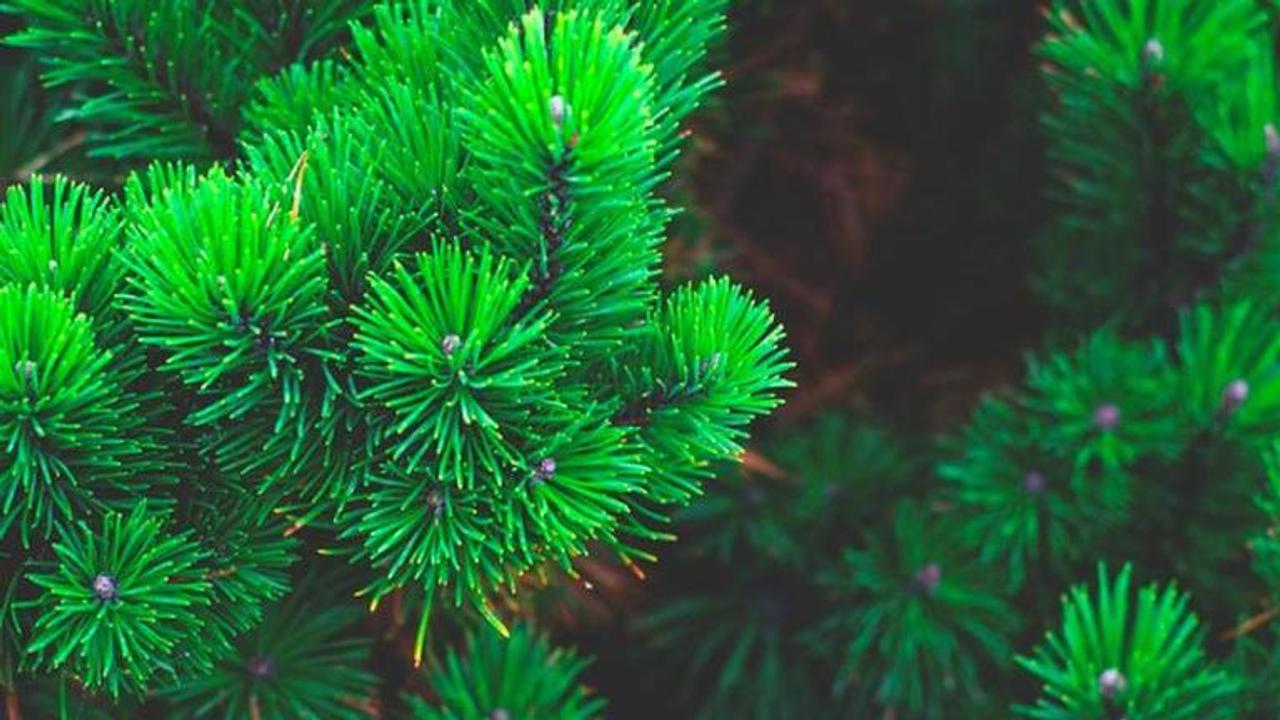Published 08:32 IST, July 20th 2020
Kauai conducts invasive species control amid pandemic
The committee has worked on 11 plant species, two tree pathogens, coqui frogs, little fire ants and other high-priority pest species, and have made strides toward controlling long-thorn kiawe and miconia, The Garden Island reported.
- World News
- 2 min read

The Kauai Invasive Species Committee and other groups have conducted early detection, rapid response and control work this year on dozens of invasive plant and animal species as other activities and business operations have been restricted during the coronavirus pandemic. The committee has worked on 11 plant species, two tree pathogens, coqui frogs, little fire ants and other high-priority pest species, and have made strides toward controlling long-thorn kiawe and miconia, The Garden Island reported.
Long-thorn Kiawe is a thorny shrub or small tree native to Central and South America, that has been listed on the Hawaii State Noxious Weeds list. The drought- and salt-tolerant weed has been found on the westside of Kauai and has grown aggressively in dense thickets, forming impenetrable barriers to access.
“Long-thorn kiawe is armed with much larger, sharp thorns, up to 3 inches long, that can easily penetrate a truck tire,” Project Manager Tiffani Keanini said, adding that it looks similar to the more common kiawe found on the island.The group has nearly controlled the weed, with only one mature thicket remaining in Kauai, officials said, adding that the next step is to monitor the regrowth of native plants in the area.
Miconia is another top target for the committee, officials said. It is an invasive forest pest that can crowd out native species and cause erosion by shading out understory forest plants.“We reached a record high with over 304 acres surveyed by ground in the Wailua watershed area,” where miconia is found, Keanini said. “These surveys resulted in the control of over 250 immature miconia plants.”
The committee targets species recognized as having the greatest potential to harm human welfare, native biodiversity and island agriculture. According to their website, the group focuses control efforts on species with limited distribution, increasing the success rate of eradication, and has continued work throughout the coronavirus pandemic.
(Image Credit: Pixabay/Representative Image)
Updated 08:32 IST, July 20th 2020
